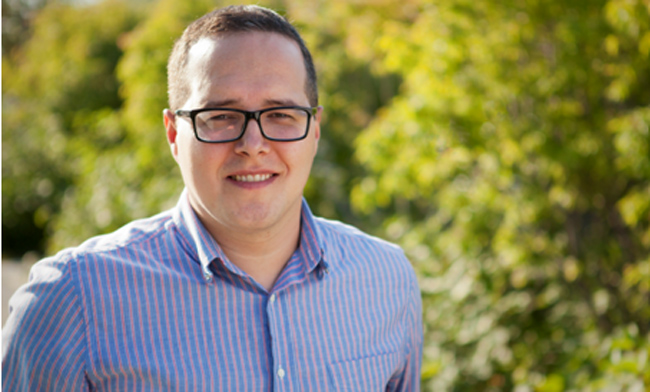Ask Dr. Mushquash – How do I know if my child needs an assessment?

Welcome to “Ask Dr. Mushquash”.
How do I know if my child needs an assessment?
Having children can be both rewarding and challenging. Most children develop typically – they meet milestones within the same average time frame that most other children their age meet those same milestones. These are often very exciting experiences for parents and children alike! Parents, grandparents, and family fondly recall first steps, first words, and first hunts. Events like these make up the stories we share when we get together.
Unfortunately, children do not always meet milestones when we would expect. Parents, grandparents, and other family members sometimes notice that something does not seem quite right. Individuals who work with children each day (e.g., day care staff, teachers, or community program leaders) are often the ones that notice when a child may be falling behind. At other times, health professionals such as nurses or family physicians might notice something during a routine check-up that makes them wonder whether the child might benefit from an assessment.
Here are a few examples of common reasons to consider speaking to your health professional about whether a referral to a psychologist might be helpful:
1. Your child is not meeting developmental milestones as expected (e.g., physical, behavioural, social, emotional)
2. Your child is displaying unusual behaviour or their behaviour has become difficult to manage (e.g. extreme outbursts of anger)
3. Your child experiences difficulty at school (e.g., reading, writing, math, or comprehension) despite efforts by school personnel to support them
4. There has been a change in your child’s behaviour (e.g., they have become irritable or withdrawn, or show excessive worry)
5. You think something might be wrong
We have to acknowledge that there is a lot of variation between children in terms of how they develop. Some children will surge ahead of expectations while others might fall a little behind but catch up in time. There are even differences between children from the same family! We want to make sure that we are giving children sufficient time to develop, before worrying too much, or making unnecessary diagnoses. With that said, research shows that the earlier we can intervene with children, the better they will fare in the long run.
It is important to remember that as children get older and move beyond the basic developmental milestones (i.e., like walking and talking) and into more involved kinds of behaviour, expectations can differ across cultures. For example, my dad learned to shoot when he was very young so that he could help my grandfather on the trapline. This was a developmental expectation for him at the time but might have seemed unusual to someone from outside the community. It is very important for health professionals to have a good sense of how cultural expectations and context (e.g., community) are related to development.
If you think your child may benefit from seeing a psychologist, talk to your health provider and see what they think. If you are comfortable, talk with your family, friends, Elders, or other respected and trusted community members. Bringing many minds together to share concerns and observations can be very helpful in determining when making a referral to a psychologist might be right.
It is important to note that Ask Dr. Mushquash is an educational tool and is not meant as treatment or a substitute for professional advice. Dr. Mushquash cannot provide psychological services through the column or arrange referrals or emergency care through this site. If you are in need of immediate help, please contact your local health centre, hospital, mental health worker, or crisis response. Medical questions or concerns should be directed to your nurse or family physician. We also have an ethical and legal obligation to report any suspicion of physical, sexual, or emotional abuse to the appropriate authorities.
For more information on Dr. Mushquash’s research, please visit his website: http://mushquash.lakeheadu.ca or follow him on Twitter: @DrMushquash


